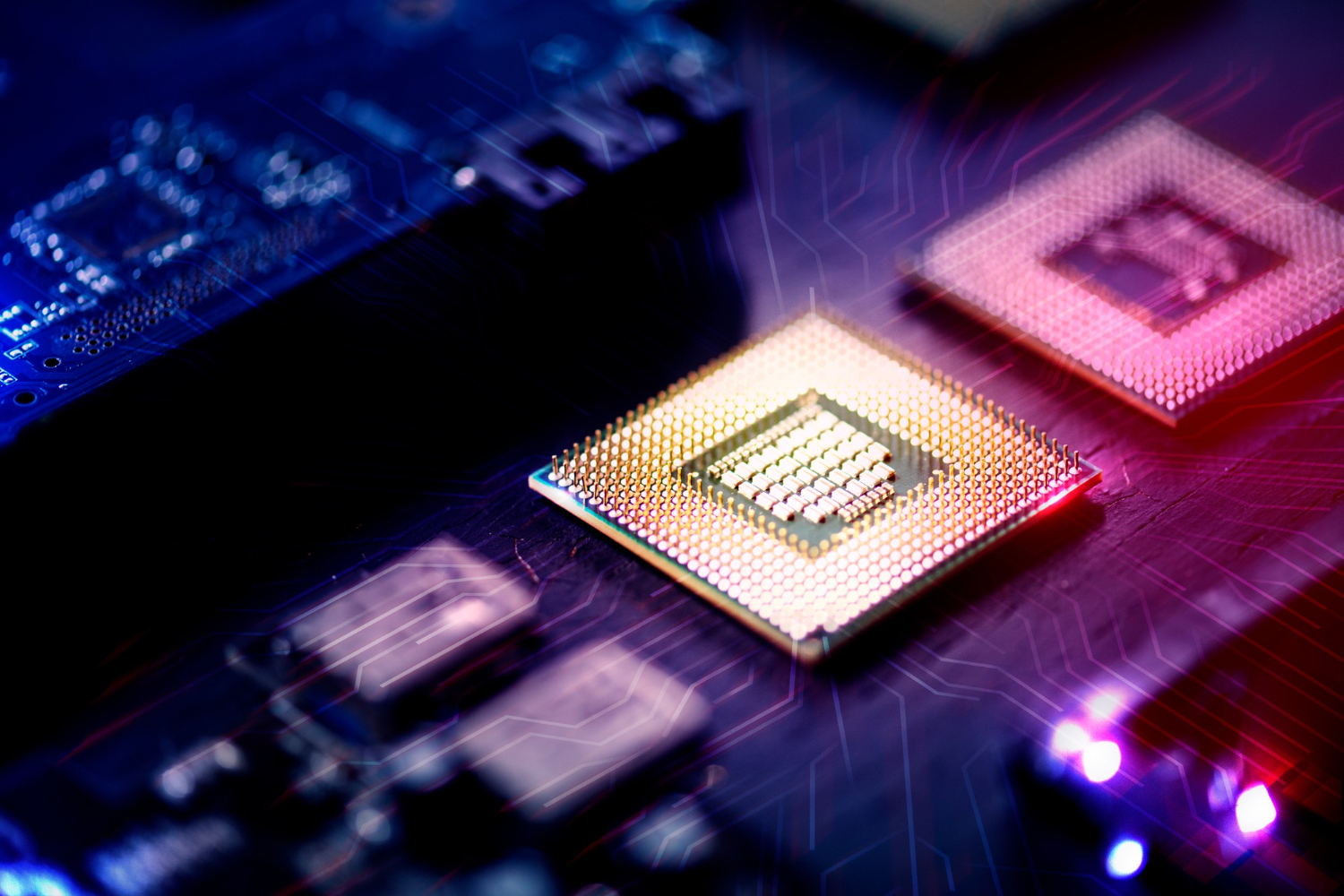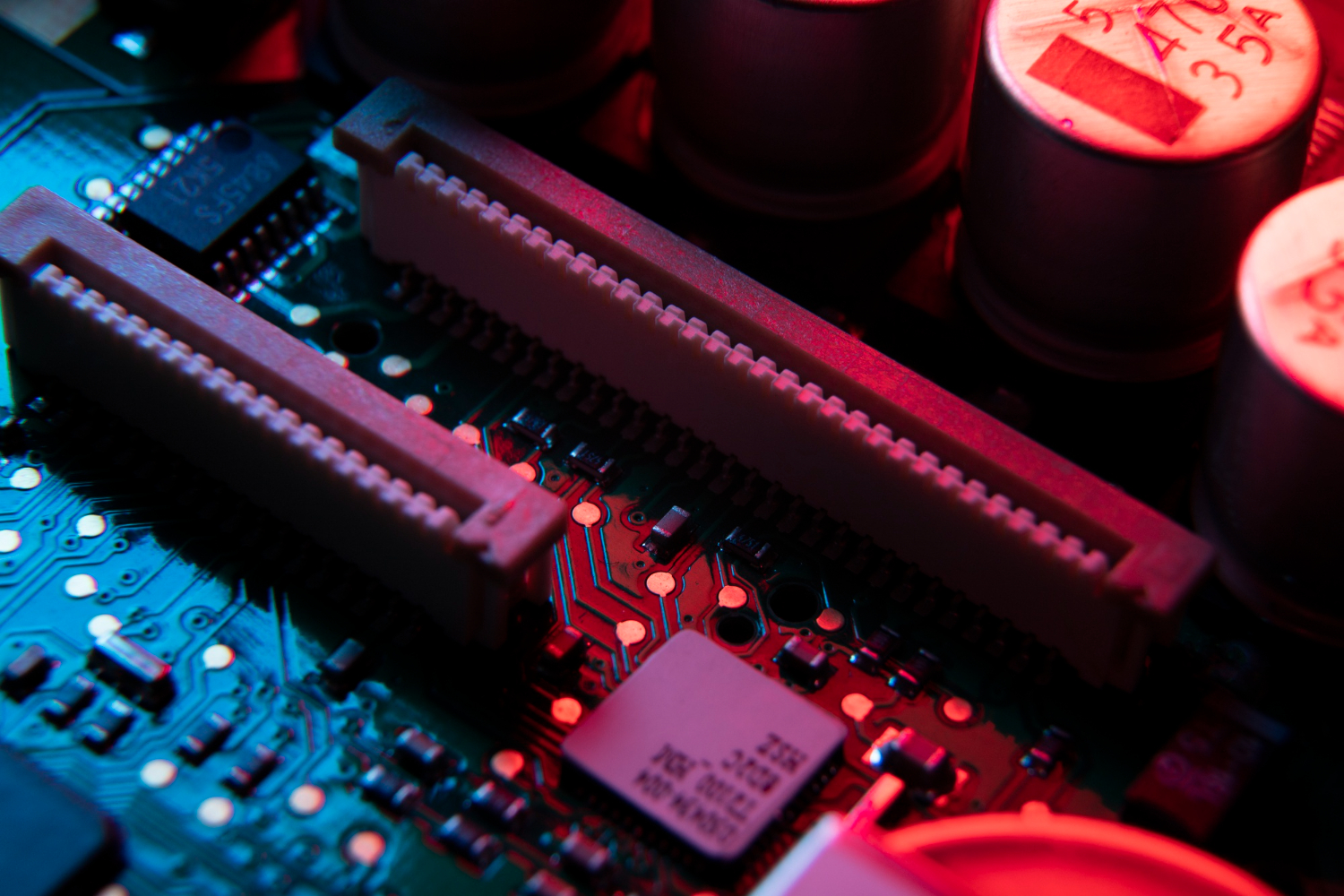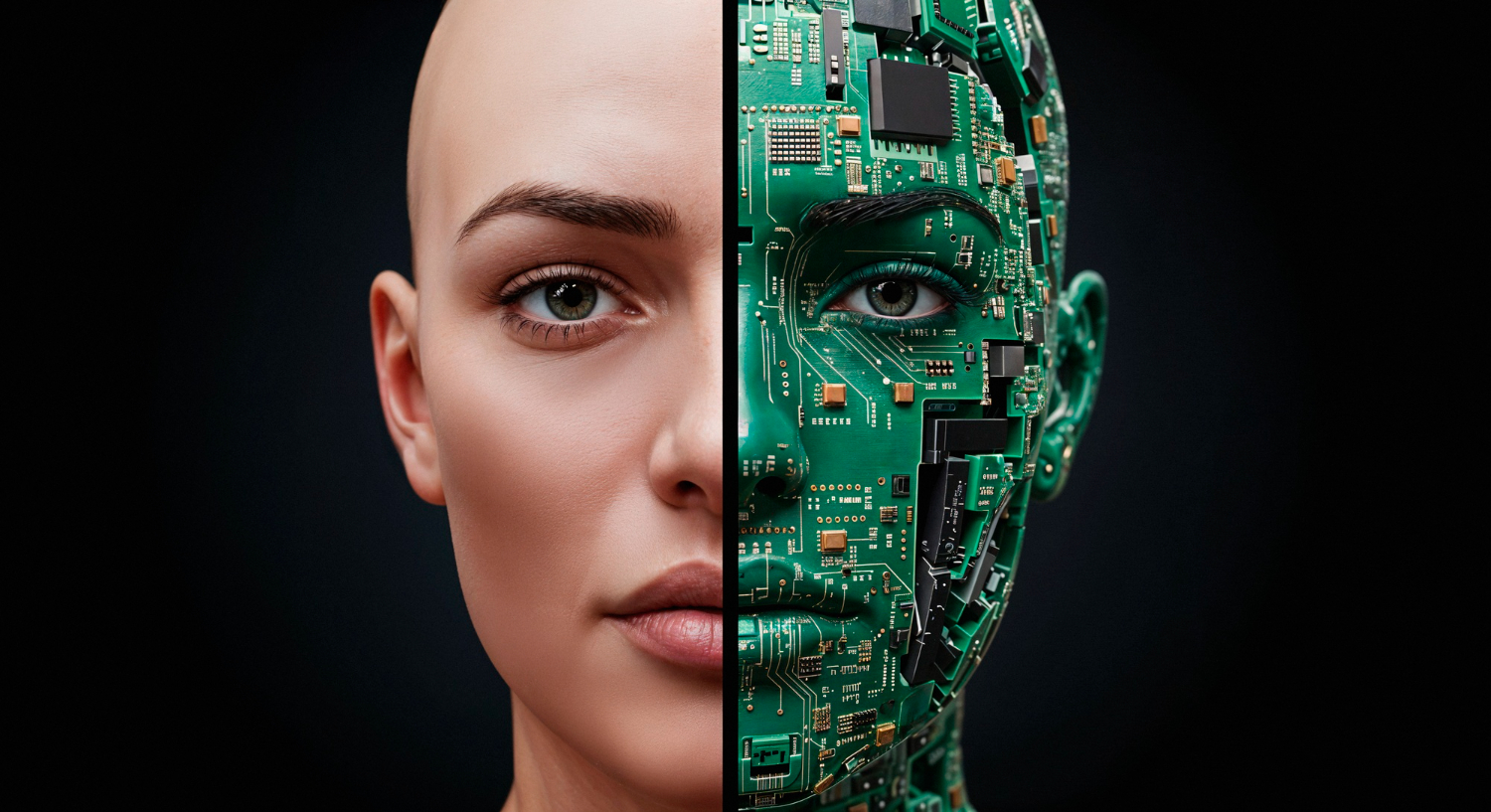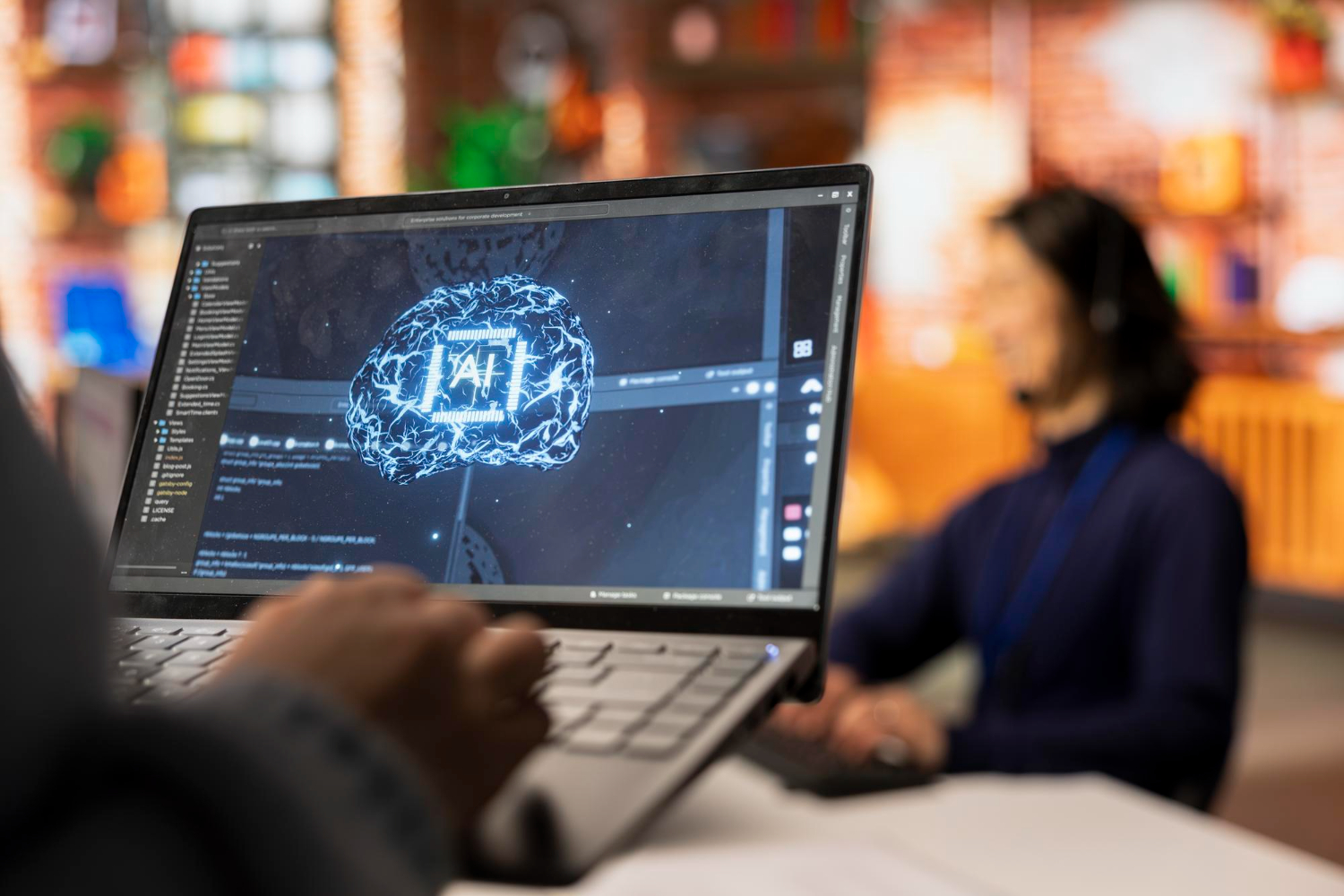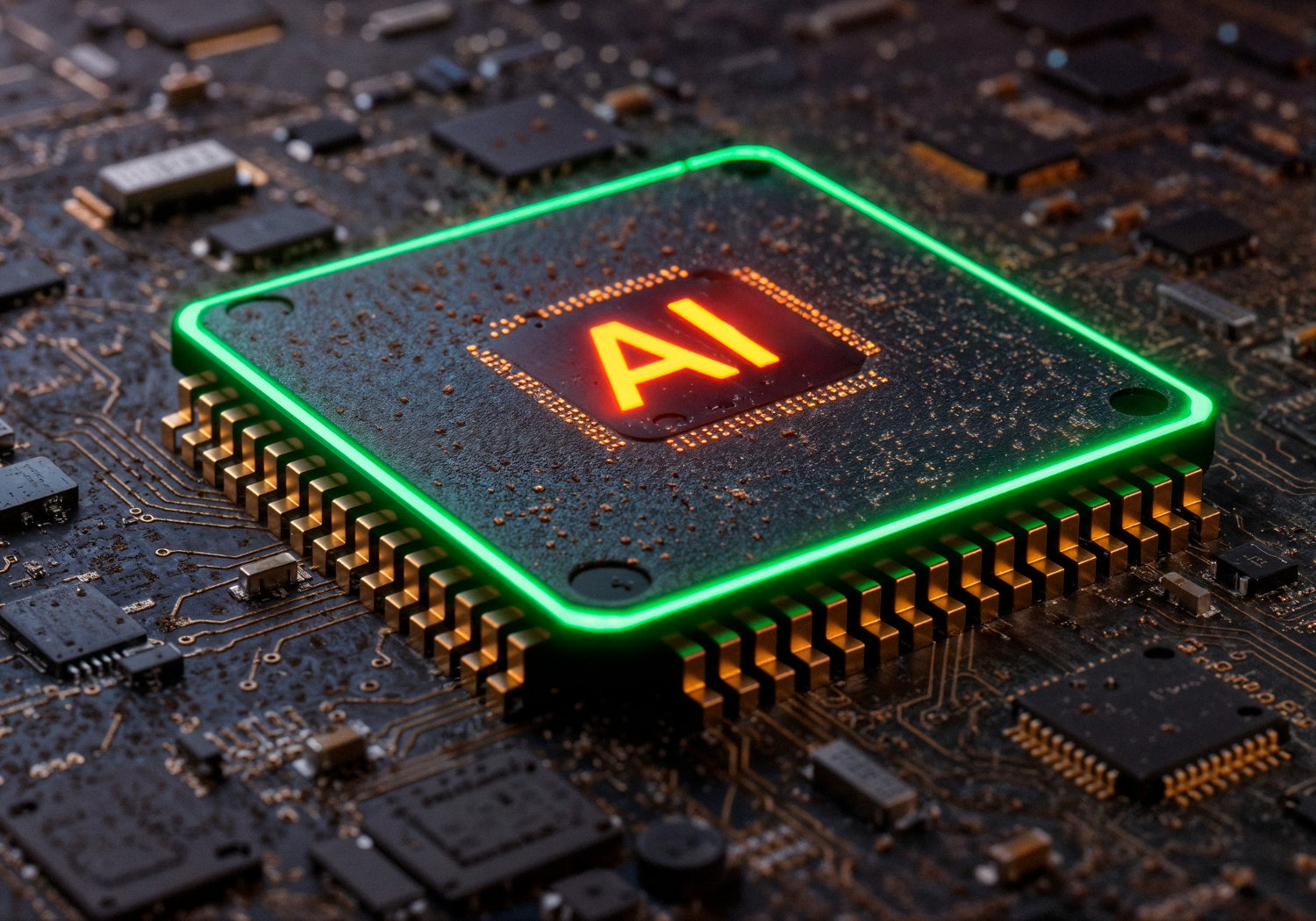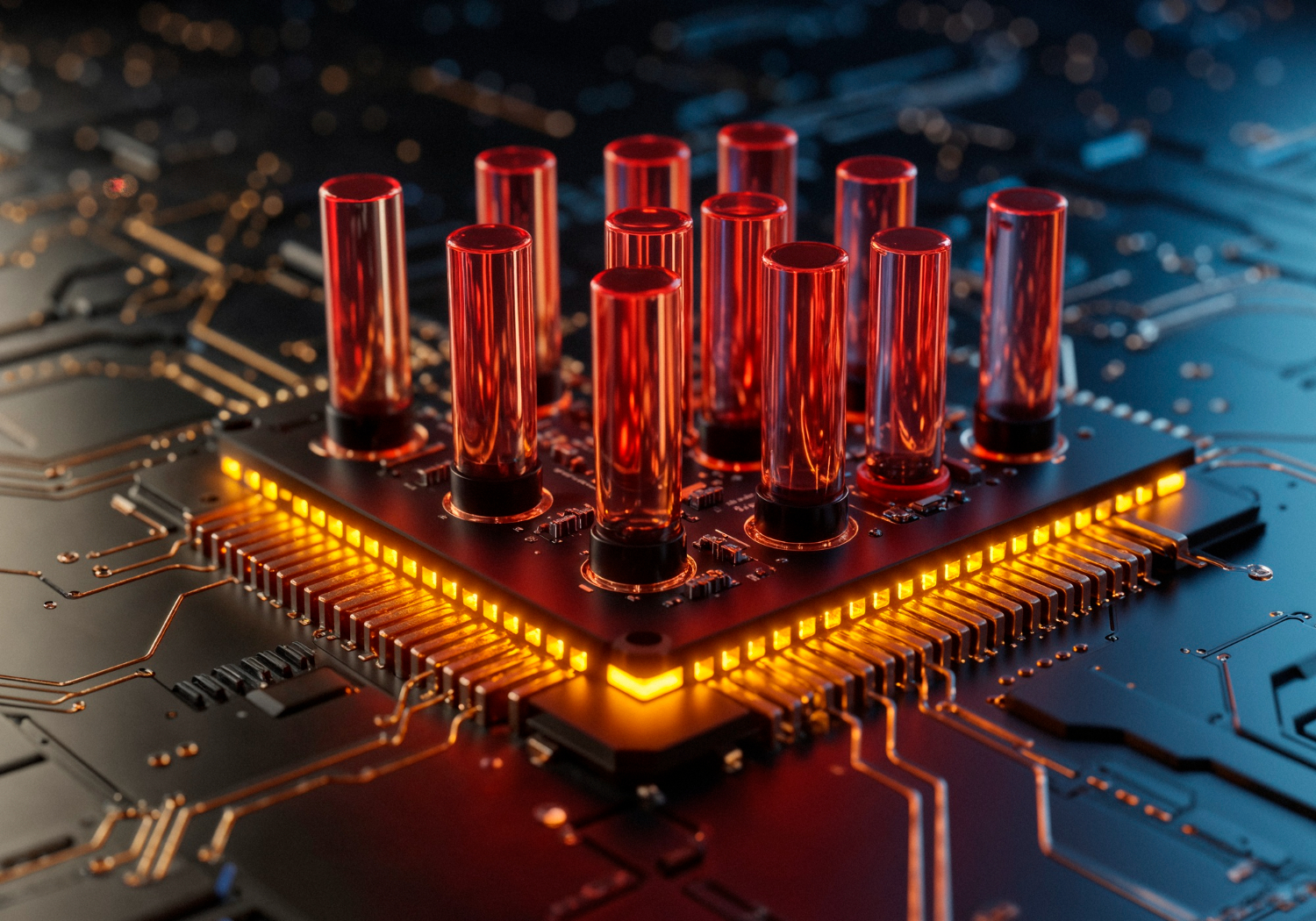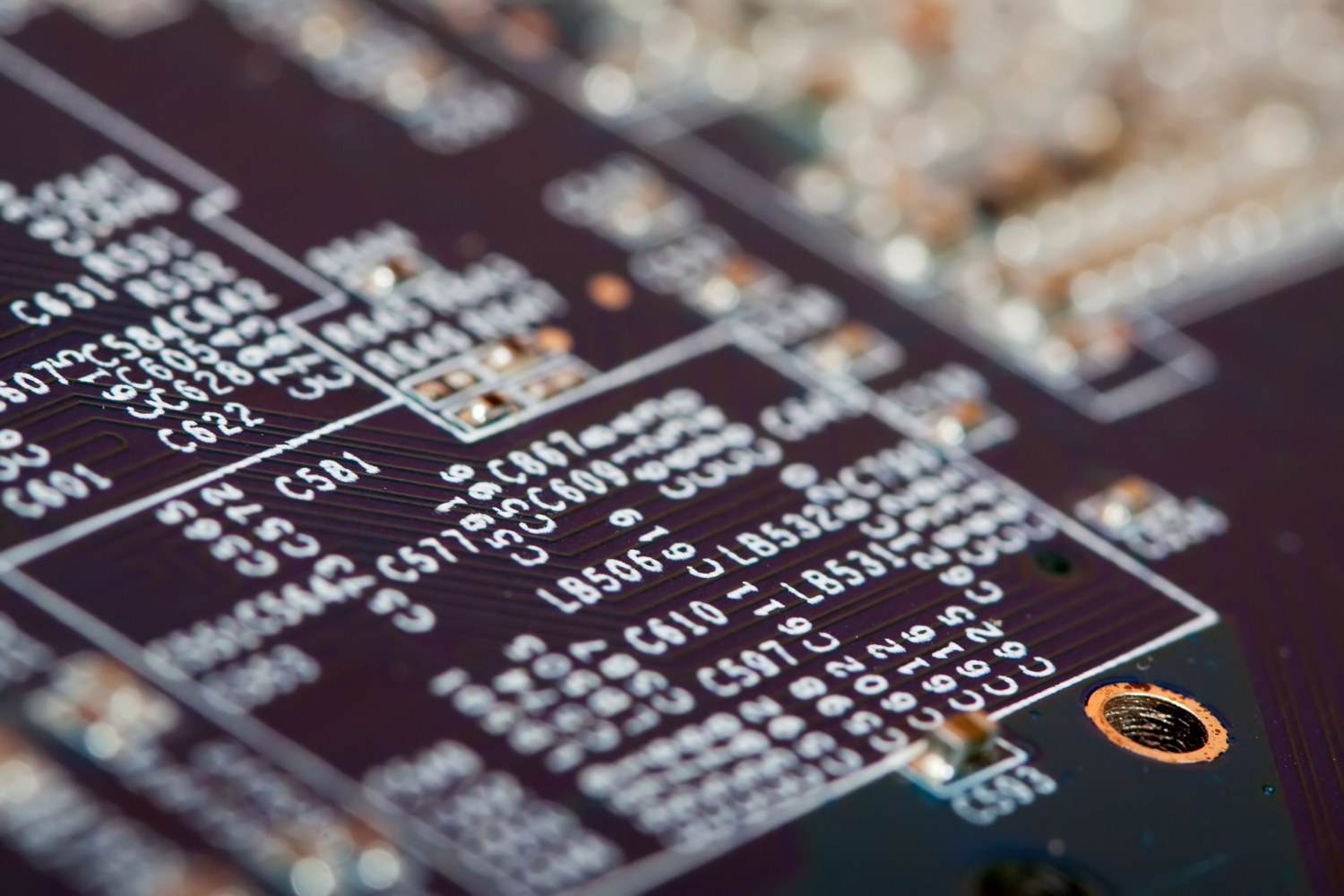Introduction
The integration of artificial intelligence (AI) into biotechnology is transforming the industry in significant ways. From enhancing genetic engineering to improving healthcare solutions, modern biotechnology is witnessing rapid advancements that are reshaping research, development, and application. In particular, fields like disease detection, drug discovery, and the development of new antibiotics are benefiting from this partnership. Let’s explore how technology is driving progress and the benefits it brings.
Genetic Engineering and Biotechnology
Genetic engineering has long been a central focus in biotechnology. It involves modifying the DNA of organisms to achieve desired traits, which is crucial for fields like agriculture and healthcare. Traditionally, this has been a time-consuming and costly process. However, with advanced technology, the ability to process large datasets allows researchers to analyse genetic patterns faster, identify potential issues, and make the necessary modifications more efficiently.
For example, biotech crops such as insect-resistant plants have been developed, reducing the need for harmful pesticides and improving food security. Additionally, these systems help researchers understand genetic mutations that may cause diseases or reduce productivity in crops. The combination of genetic engineering and technology is thus opening new doors for breakthroughs in agriculture and healthcare.
The Role of AI in Detecting Lung Cancer
One of the most significant breakthroughs has been in the field of disease detection, particularly lung cancer. Early detection is vital for improving survival rates, but traditional diagnostic methods are often invasive and time-consuming. Modern systems are helping radiologists detect cancer earlier by analysing images of lungs more accurately than the human eye. This allows for quicker and more precise diagnoses, leading to earlier treatments and improved patient outcomes.
The technology used in detecting lung cancer can analyse vast amounts of imaging data in minutes, reducing the workload on healthcare professionals while increasing the accuracy of diagnoses. Furthermore, the ability to identify early signs of cancer gives doctors a better chance of treating patients before the disease progresses too far.
Disease Detection and Medical Applications
Beyond cancer detection, technology is revolutionising general disease detection and management. By analysing medical data, systems can identify patterns that indicate the presence of diseases such as diabetes, heart disease, and neurological disorders. These technologies can sift through huge volumes of medical data to spot trends that human experts might miss, helping to identify at-risk patients and recommend preventative measures.
New disease detection technology is important for preventive healthcare. It helps find health problems early, which can save lives and lower healthcare costs.
The healthcare industry is using algorithms to analyse biological data and medical images. This helps them manage diseases better. They can also provide personalised treatments based on each patient’s profile.
Drug Discovery and Development
Another area where biotechnology benefits from advanced systems is drug discovery. The process of developing new drugs is notoriously long and expensive, often taking years and requiring extensive testing. Technologies are helping to speed up this process by predicting how new compounds will interact with the human body.
Looking at current drug data helps systems suggest new compounds. These new compounds are similar to existing ones or even better. This process saves time and money on lab experiments.
These advanced tools can analyse large chemical libraries. They help find potential drug candidates for diseases without effective treatments.
The FDA in the United States recognises the potential of advanced systems in drug discovery. They have already approved several drugs that were developed using computer models. They have already approved several drugs developed with the help of computer models. This is just the beginning, as more pharmaceutical companies turn to technology to streamline the discovery of new treatments.
Developing New Antibiotics
Antibiotic resistance is a growing concern in modern medicine. As bacteria evolve and develop resistance to current antibiotics, the need for new drugs becomes urgent. However, developing antibiotics is a challenging and costly process. By using advanced systems, researchers can identify new compounds that have the potential to combat resistant bacteria.
These systems can look at many chemical compounds. They help find ones that can fight bacteria. This makes the discovery process faster.
Recent advances have led to the discovery of new antibiotics. These could help fight the growing problem of antibiotic resistance.
Enhancing Agricultural Biotechnology
In agriculture, modern biotechnology, particularly through genetic engineering, has brought us insect-resistant crops and other innovations that improve yield and food security. The United States has been at the forefront of developing biotech crops, which reduce the reliance on harmful pesticides and fertilisers. By analysing genetic data, systems help create crops that are more resistant to environmental stresses like drought, pests, and disease.
Agricultural biotechnology is not just about improving crop yields; it also has a significant environmental impact. Reducing the need for chemical pesticides and water usage supports sustainability efforts, protecting the environment while ensuring that the global food supply remains secure.
Top 9 AI Technologies Reshaping Agriculture in 2024
Improving Human Health
Advancements in biotechnology extend beyond agriculture into the realm of human health. In addition to detecting diseases, biotechnology systems can help researchers study the impact of environmental factors on human health. For instance, genetic studies can determine why certain populations are more prone to specific diseases. By understanding these genetic links, public health initiatives can be tailored to better address these issues.
Furthermore, biotechnology is also playing a crucial role in developing personalised medicine. By studying an individual’s genetic makeup, systems can help create personalised treatment plans that are more effective and less invasive.
Enhancing Research and Development
Biotechnology relies heavily on research and development (R&D), and technology is proving to be an invaluable tool in this area. In the past, researchers had to conduct time-consuming and costly experiments to understand biological processes. Now, systems allow them to simulate these processes and predict the outcome of genetic modifications before they are applied in real-world scenarios.
Updates on AI and neuroscience
In addition to accelerating the research process, this also reduces costs and increases the accuracy of findings. This is particularly beneficial in fields such as drug discovery, genetic engineering, and medical research, where errors can be costly and time-consuming to correct.
AI, synthetic biology and a new dawn for humanity
Environmental Impacts of Biotechnology
The environmental impacts of modern biotechnology are another key consideration. Biotechnology can offer many benefits, like reducing pesticide use and improving crop yields. However, we must watch its long-term effects on ecosystems. Systems can track and predict how biotech products, such as genetically modified organisms (GMOs), interact with their environments.
By using advanced monitoring tools, researchers can ensure that biotech products do not negatively affect biodiversity or disrupt ecosystems. This focus on sustainability is critical as biotechnology continues to evolve, especially in the context of climate change and food security.
Use AI to Beat Climate Change Risks for Insurance
How TechnoLynx Can Help
At TechnoLynx, we offer cutting-edge solutions tailored for the biotechnology sector. Our services help companies integrate advanced systems into their research, improving processes such as genetic engineering, drug discovery, and disease detection.
We are skilled in data analysis and system integration. This helps us improve your operations. We make your research efforts more efficient and cost-effective.
TechnoLynx can help you with new antibiotics, biotech crops, and disease detection. We offer the technology and support you need to innovate.
Our solutions help biotech companies meet regulatory requirements while advancing their research and development efforts.
Image credits: Freepik





